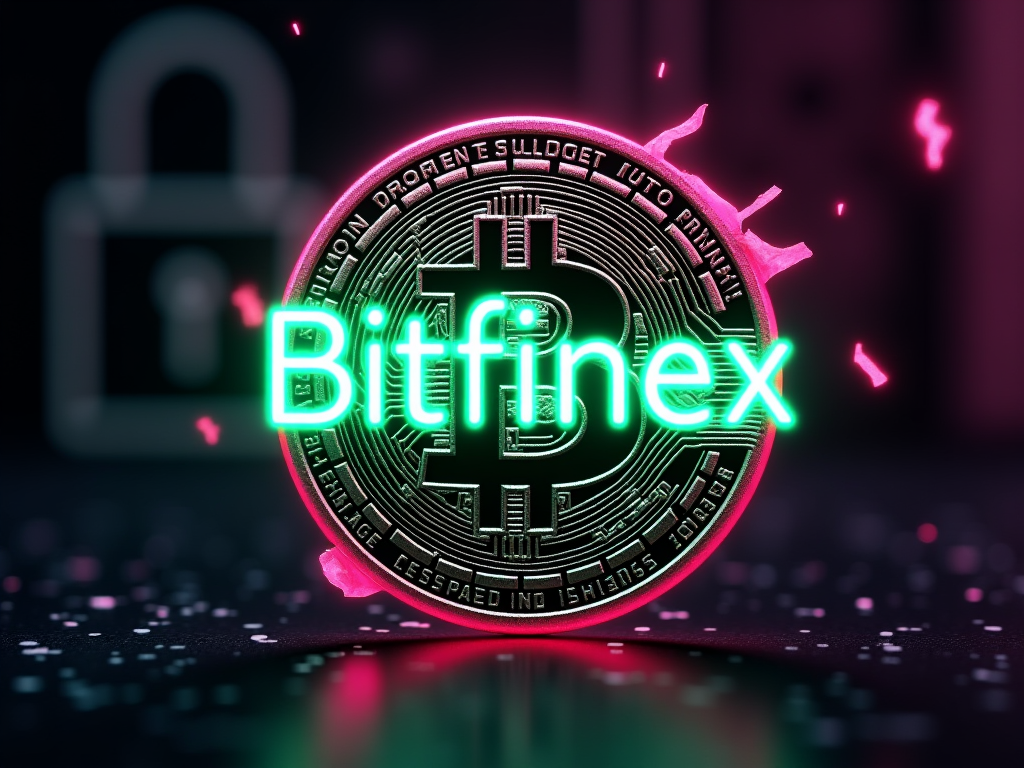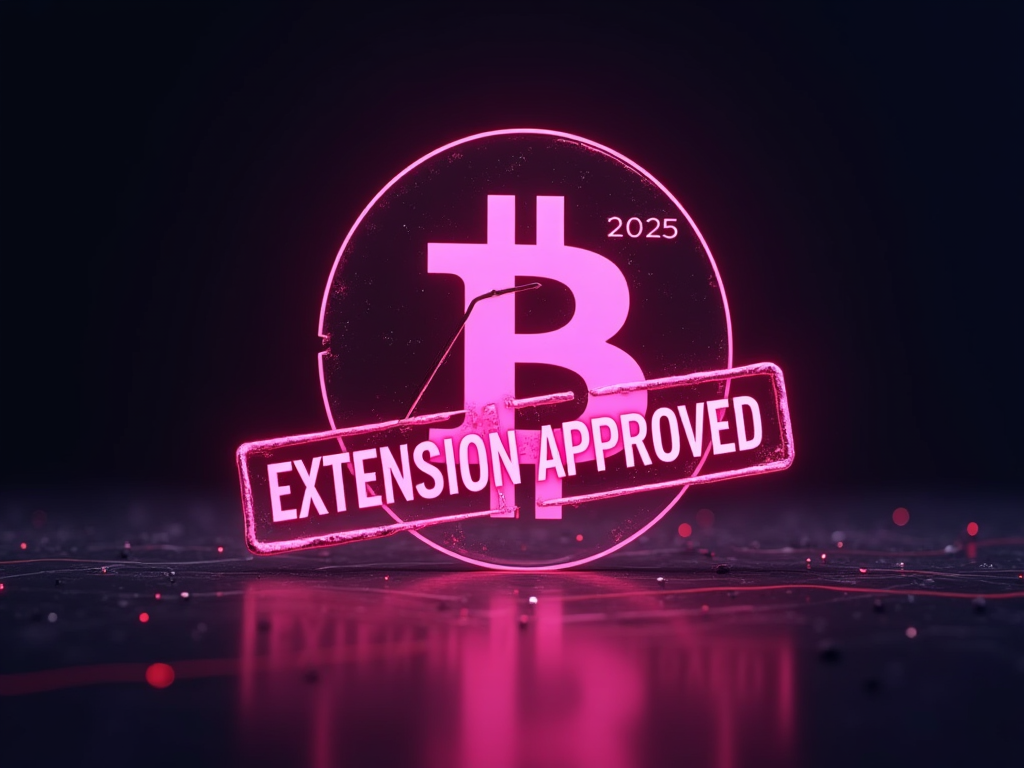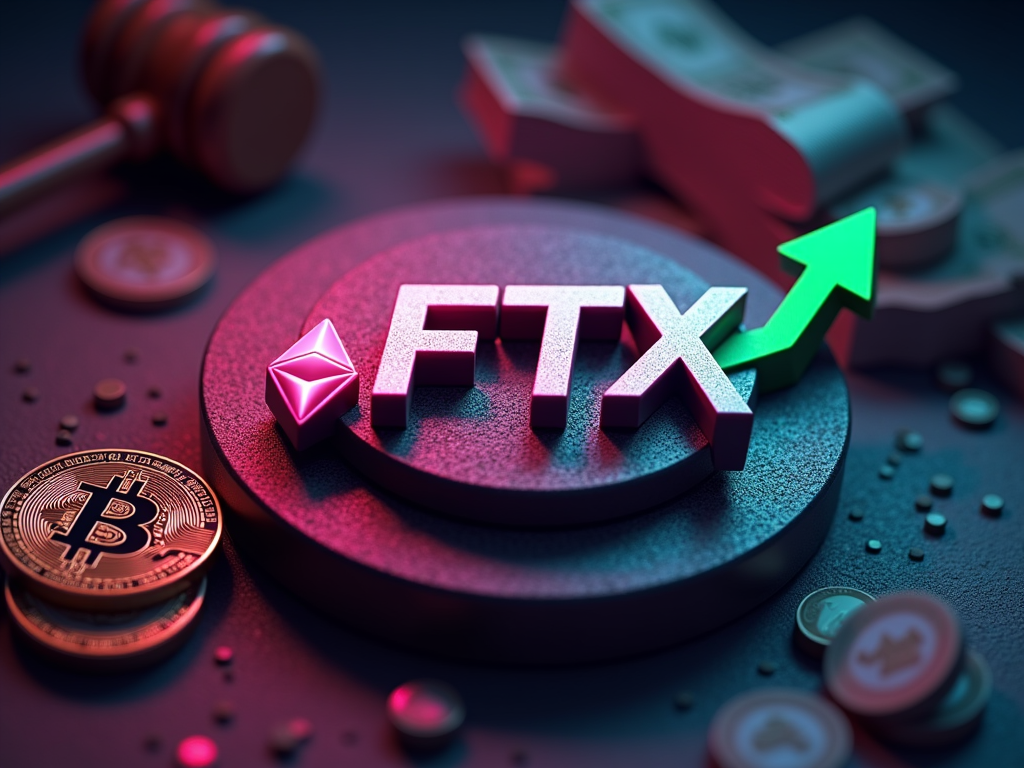Key Points
- The Dubai Court of First Instance made a landmark ruling in 2024, recognizing cryptocurrency as a valid form of salary payment under employment contracts, marking a significant shift in the UAE’s judicial approach to digital assets.
- This 2024 judgment represents a notable departure from a previous 2023 ruling, demonstrating the court’s evolving stance on integrating cryptocurrencies into the legal and economic framework of the UAE.
-
Dubai Courts Embrace Cryptocurrency in Employment Contracts
In a groundbreaking decision, the Dubai Court of First Instance has ruled that salaries can be paid in cryptocurrency, setting a precedent that could reshape the landscape of employment compensation in the United Arab Emirates. The judgment rendered in case number 1739 of 2024 (Labour) marks a significant evolution in the UAE judiciary’s approach to digital currencies.
According to Lexology, the case arose when an employee filed a lawsuit claiming unpaid wages, wrongful termination compensation, and other related employment benefits. The plaintiff’s employment contract stipulated a monthly salary in fiat currency and an additional 5,250 EcoWatt tokens, a form of cryptocurrency.
From Skepticism to Acceptance: The Court’s Changing Stance
The 2023 Judgment: A Cautious Approach
In 2023, the same court took a more conservative stance when faced with a similar case. Lexology reports that in Judgment No. 6947 of 2023, the court acknowledged the inclusion of EcoWatt tokens in an employment contract but ultimately refused to award the amount in digital currency. The court’s reasoning centered on the employee’s failure to provide a straightforward method of calculating the cryptocurrency’s value in terms of fiat currency.
The court’s 2023 ruling emphasized:
“As the claimant did not provide evidence of the value of the digital currency (EcoWatt tokens), the court disregards it since the respondent did not provide opposing evidence or any defense, and therefore, the court concludes that the duration of the claimant’s service was [redacted] and that the gross and basic salary was [redacted] AED, and the court rules in the case accordingly.”
The 2024 Ruling: Embracing Digital Currency
In a remarkable turn, the Dubai Court demonstrated a more progressive stance in the 2024 judgment. Lexology notes that this time, the court ruled in favor of the employee, recognizing the validity of payment in cryptocurrency and ordering the payment to be made in EcoWatt tokens rather than converting it into fiat currency.
The court’s decision in 2024 was based on the principle that wages are the employee’s right for the work agreed upon. As reported by Lexology, the court stated:
“Regarding the claimant’s request for [redacted] AED for the delayed salaries over [redacted] months in EcoWatt tokens according to the contract, as the respondent did not provide evidence of payment of the due amount to the claimant for the claimed months in EcoWatt tokens, the court orders the respondent to pay the claimant the value of her wages in EcoWatt tokens amounting to [redacted] EcoWatt tokens.”
Legal Foundations and Implications
Lexology highlights the court’s reliance on Article 912 of the UAE Civil Transactions Law and the Federal Decree-Law No. (33) of 2021 in both the 2023 and 2024 judgments underscores the consistent application of legal principles regarding determining and paying wages. However, the interpretation of these provisions evolved between the two judgments, reflecting the broader acceptance and integration of digital currencies in the UAE’s legal and economic framework.
A Progressive Step for UAE’s Crypto Landscape
This landmark decision reflects the UAE’s growing acceptance of cryptocurrencies in various sectors. Irina Heaver, a partner at UAE law firm NeosLegal, described the ruling as a “progressive approach” towards integrating digital currencies into the country’s legal and economic framework.
The judgment provides a robust legal framework for cryptocurrency payments in employment contracts. It sets a positive precedent that could encourage further integration of digital currencies across various sectors in the UAE.
Conclusion
Lexology points out that the Dubai Court’s 2024 ruling is a testament to the UAE’s progressive legal environment, particularly regarding the use of digital currencies in employment contracts. The court’s willingness to enforce cryptocurrency payments as stipulated in contracts sets a positive precedent that will likely encourage further integration of digital currencies in various sectors, not just employment.
This evolution from the 2023 to the 2024 judgment illustrates the UAE courts’ readiness to adapt to the changing financial landscape, providing a robust legal framework that respects modern financial practices while protecting contractual rights. As the world continues to grapple with the implications of cryptocurrencies in traditional economic systems, Dubai’s courts have taken a significant step forward, potentially paving the way for broader acceptance and use of digital currencies in the region and beyond.














